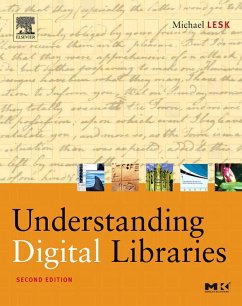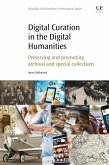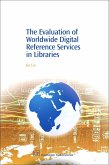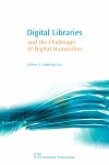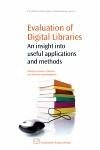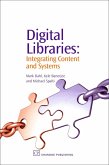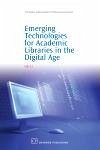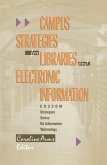At every turn, the goal is practical: to show you how things you might need to do are already being done, or how they can be done. The first part of the book is devoted to technology and examines issues such as varying media requirements, indexing and classification, networks and distribution, and presentation. The second part of the book is concerned with the human contexts in which digital libraries function. Here you'll find specific and useful information on usability, preservation, scientific applications, and thorny legal and economic questions.
- Thoroughly updated and expanded from original edition to include recent research, case studies and new technologies
- For librarians and technologists alike, this book provides a thorough introduction to the interdisciplinary science of digital libraries
- Written by Michael Lesk, a legend in computer science and a leading figure in the digital library field
- Provides insights into the integration of both the technical and non-technical aspects of digital libraries
Dieser Download kann aus rechtlichen Gründen nur mit Rechnungsadresse in A, B, BG, CY, CZ, D, DK, EW, E, FIN, F, GR, HR, H, IRL, I, LT, L, LR, M, NL, PL, P, R, S, SLO, SK ausgeliefert werden.
"Michael Lesk does for digital libraries what David Macaulay does for every day objects: he lucidly depicts how things work. In the digital world the ways things work is necessarily always in flux. In this second edition, Michael Lesk has done a masterful job of making us feel more at home with this flux." --Michèle Valerie Cloonan, Dean and Professor, Graduate School of Library & Information Science, Simmons College
"Lesk's insights are distilled from a lifetime of pioneering activities in information retrieval, text processing and digital libraries, culminating in a most creative period at the National Science Foundation. He has written a book that brings these insights alive with well-chosen examples: facts and figures, tables and graphs. Digital libraries have not replaced books. This book illustrates why." --William Y. Arms, Professor of Computer Science and Co-Director of Information Science, Cornell University

